Posted by Rachel Marshall - Brand Manager on 8th Jun 2023
10 Animals that Probably Sleep More than You Do
Sleep is essential to all living creatures, but some need much more than others as you’re about to find out.
According to our Sleep Expert Dr Sophie Bostock, the most recent sleep expert consensus guidance recommends a minimum of 7 hours (1).But many animals beat us hands-down. Sleep plays an important role in helping our brains and bodies recover from the events of the day (2). But it’s also a great way to conserve energy.
This is what leads some animals to sleep for extended periods of time (more commonly known as hibernation). Periods of hibernation enable animals to store up food and preserve it for month after month.
And so, we’ve rounded up a bunch of the sleepiest animals in the world to help you feel better about those lazy days we all like to indulge once in a while but prefer not to admit to! Scroll on to unveil the top 10 animals that sleep way more than we do!
Brown bats
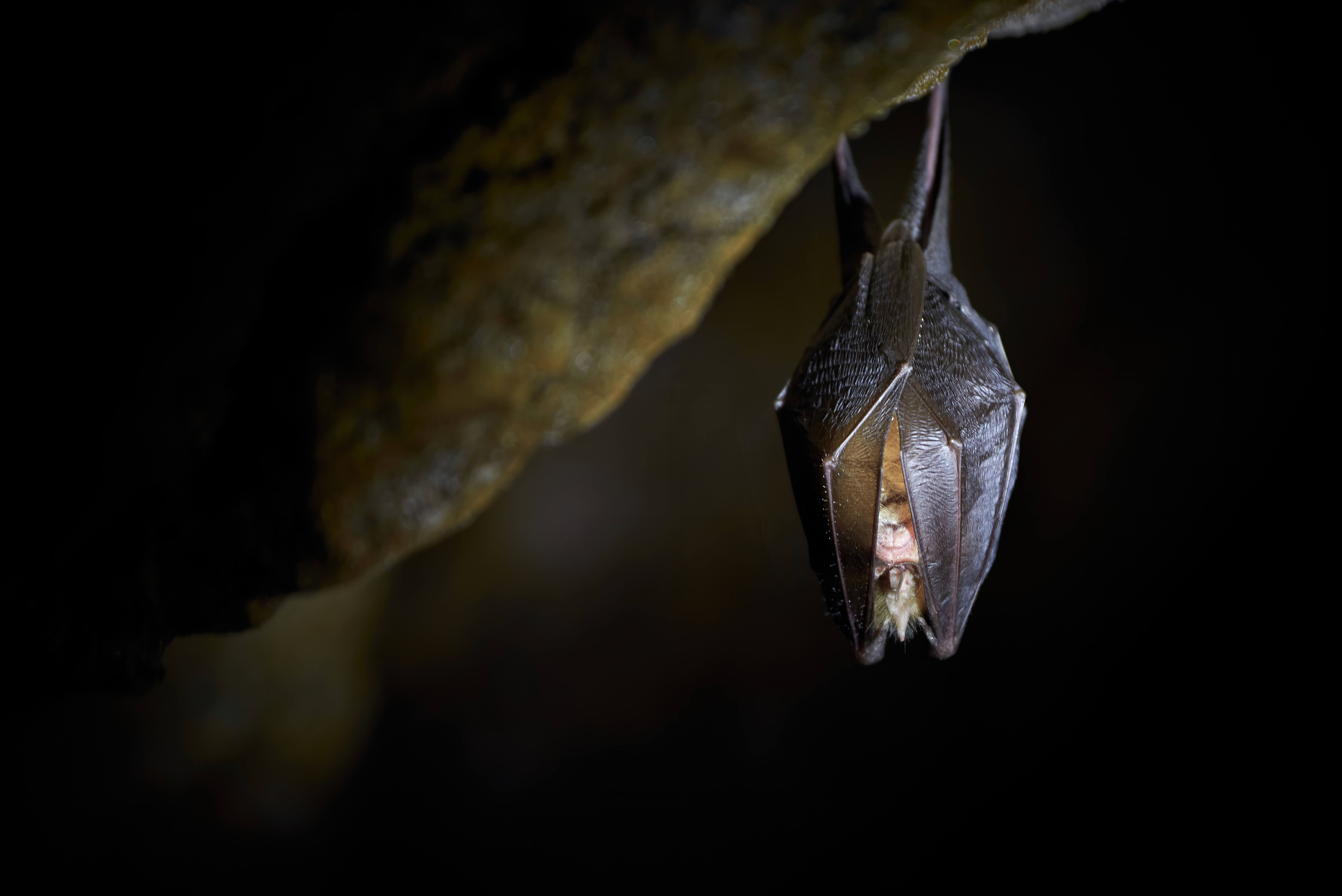
Brown bats actually sleep up to 20 hours a day (3)! As they are nocturnal, they sleep during the day and are most active at night. That said, active might not be the right word for it seeing as they only hunt for a few hours just after dusk.
Giant Armadillos
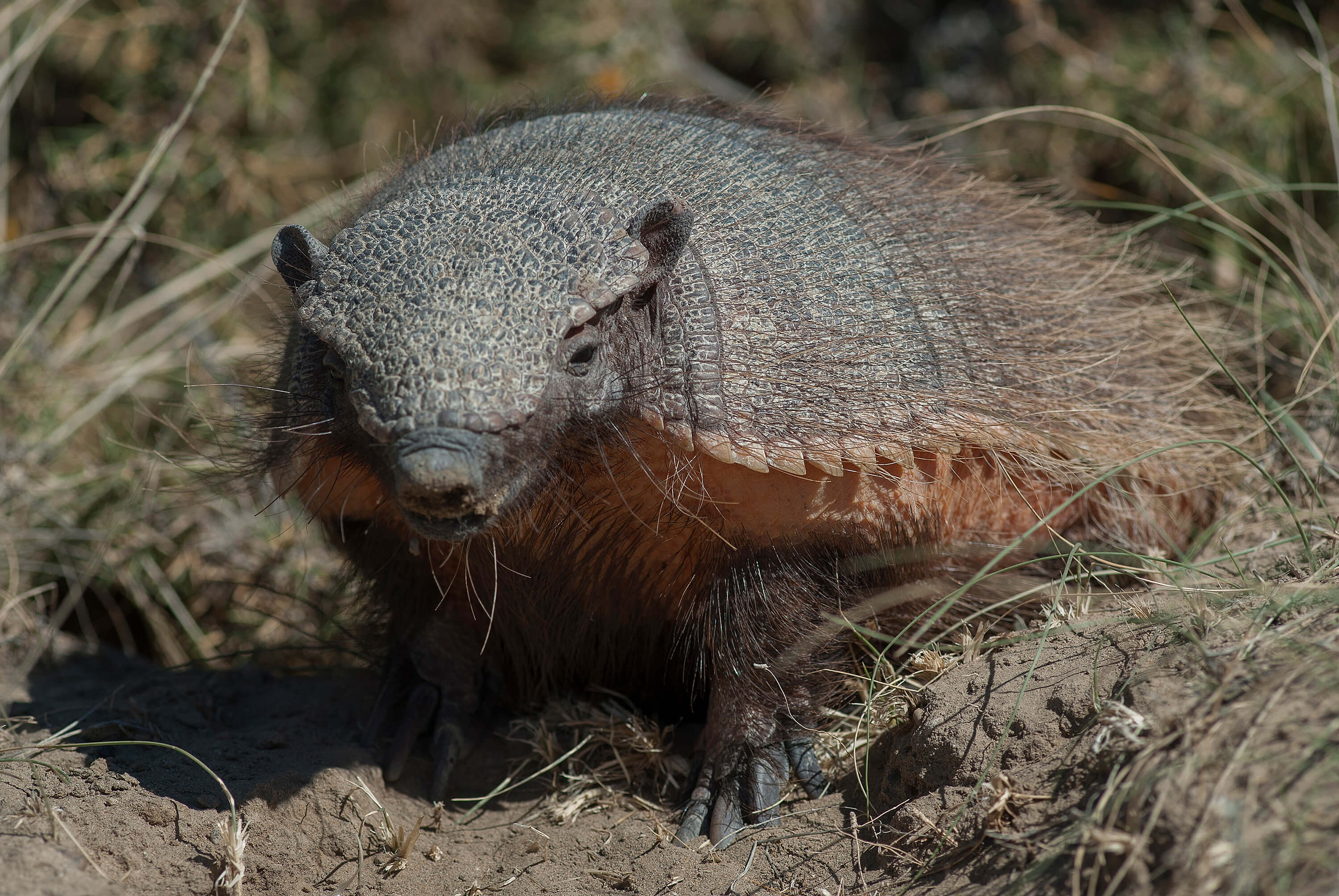
Giant armadillos are a nocturnal animal that is native to the northern half of South America. And this animal sleeps up to 18 hours a day on average (4). We should also point out that these solitary creatures live in burrows and, given their diet preferences of insects and larvae, breakfast in bed is a given.
Opossums
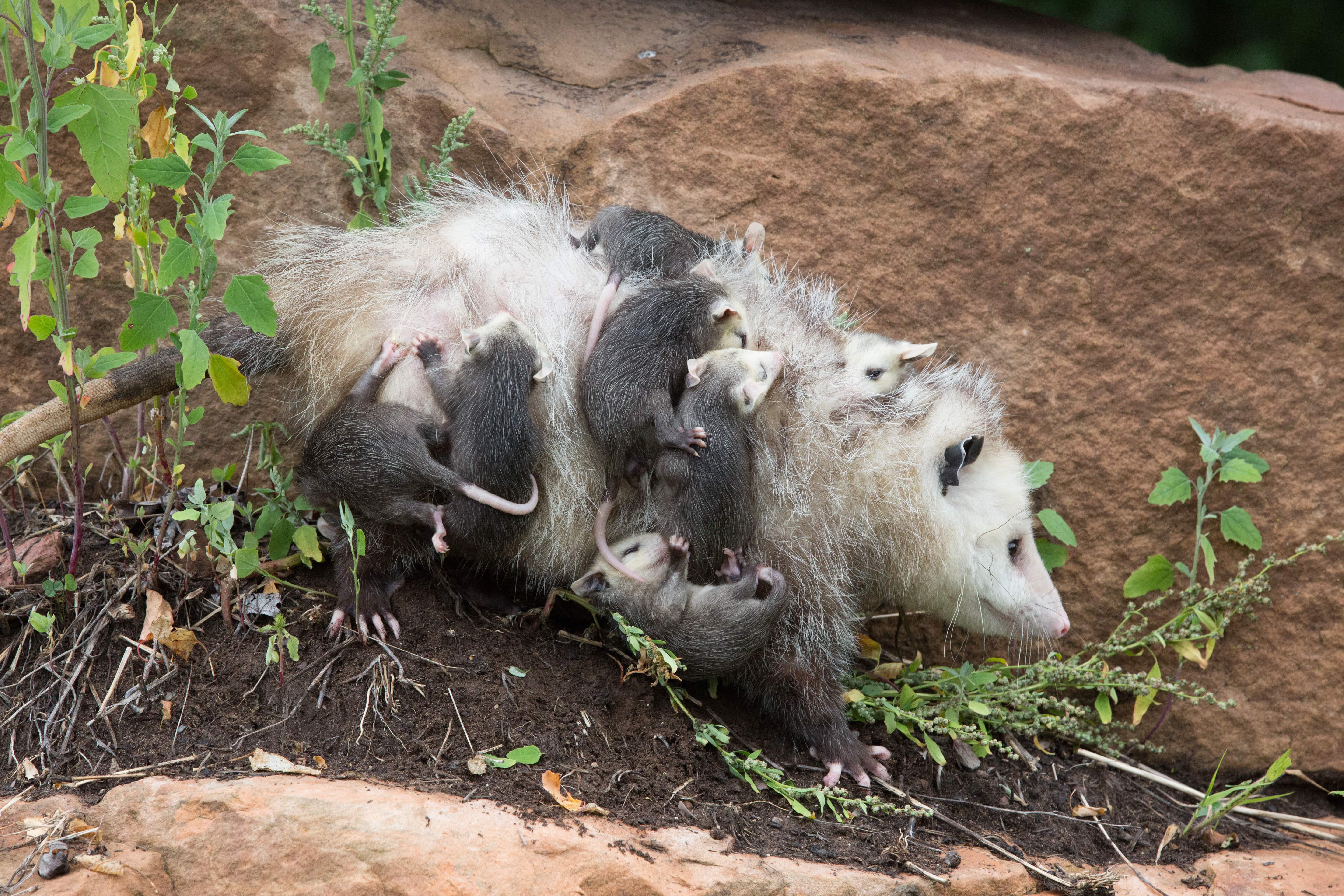
Opossums are yet another nocturnal animal that can sleep on average up to 18 hours a day (are you sensing a correlation here?) (5). An opossum is actually a marsupial and the only one that is indigenous to North America. Their unique defence mechanism has coined the term “playing possum” which is basically pretending to be dead. However, there’s a good chance that that opossum you think is “playing possum” is actually just getting some extra shut eye in where it can.
Pythons
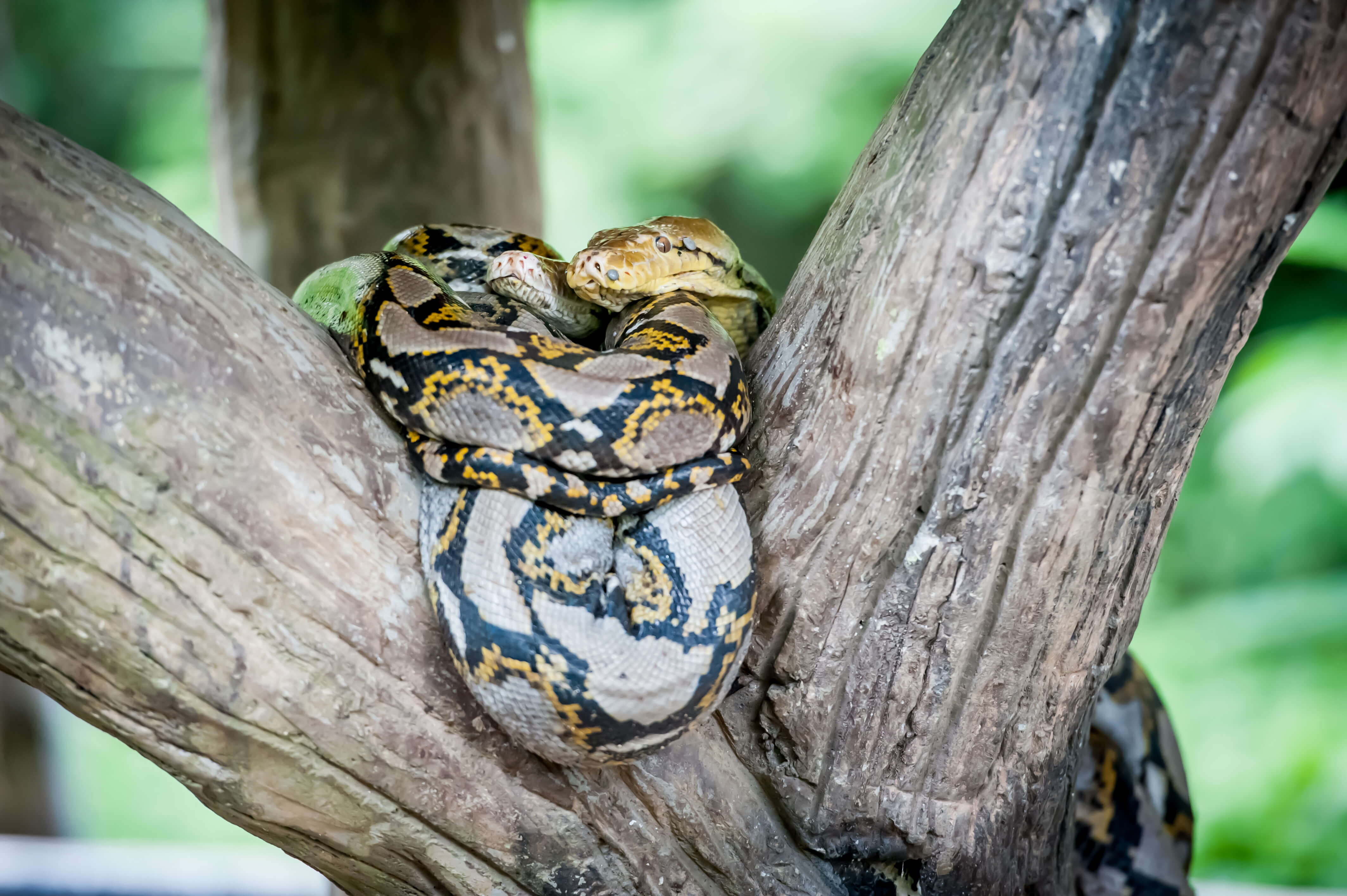
Pythons are definitely a species of snakes that love their sleep. They will typically spend 18 hours sleeping on a daily basis (6). Other fun facts about this sleep-loving reptile include its ability to swallow its prey whole; and its lack of eyelids. That makes it really difficult to tell whether a python is actually asleep. Also, yes – you’ve guessed it – they are nocturnal.
Koalas
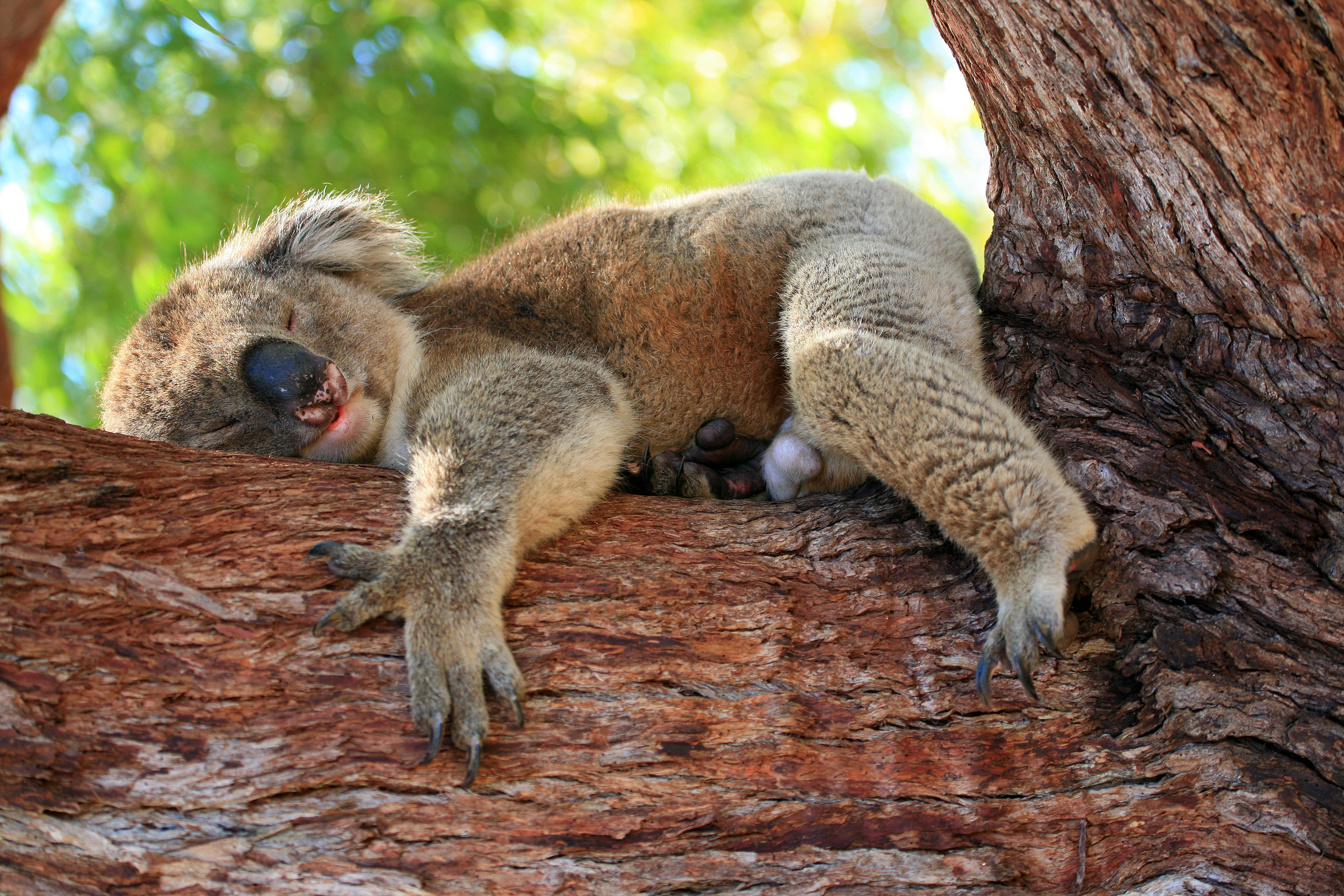
Native to Australia, koalas are a marsupial that is mostly nocturnal. This Australian animal can actually sleep for up to 20 hours a day which is mainly down to their low energy diet. They also need to use a huge amount of energy to break down the toxic eucalyptus leaves they consume. But,don’t worry – these aren’t toxic to Koalas. Their bodies are uniquely adept at flushing out the toxins contained in eucalyptus leaves (7).
Howler Monkeys
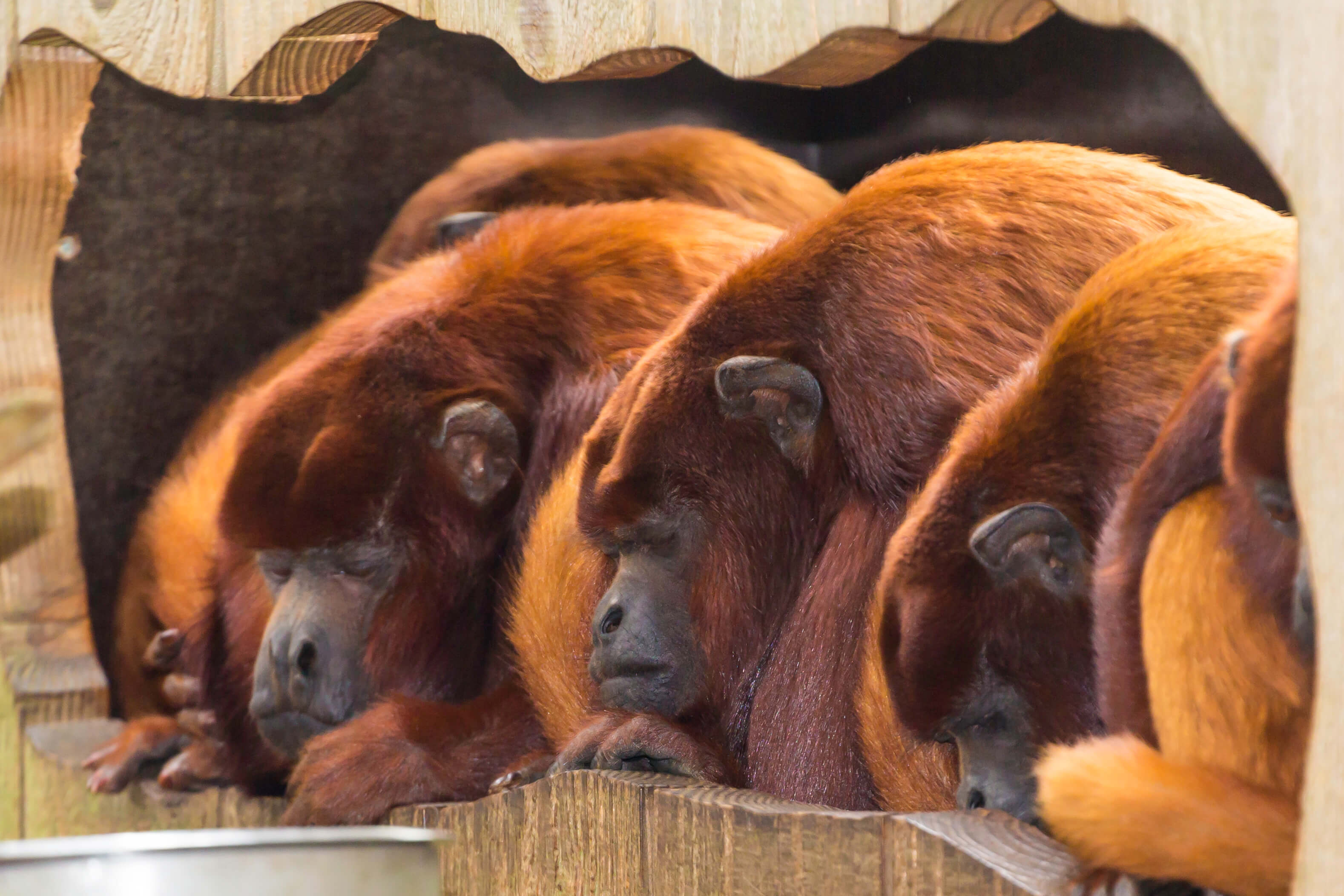
And finally, we can add a diurnal (like us, they are most active during the day) animal to our list of sleep-lovers. The howler monkey tends to sleep for an average of 15 hours each day (8). These noisy little monkeys are actually pretty inactive too. They will usually only cover an area of 400m per day which ranks them one of the slowest mammals found in the tropical forest.
Sloths
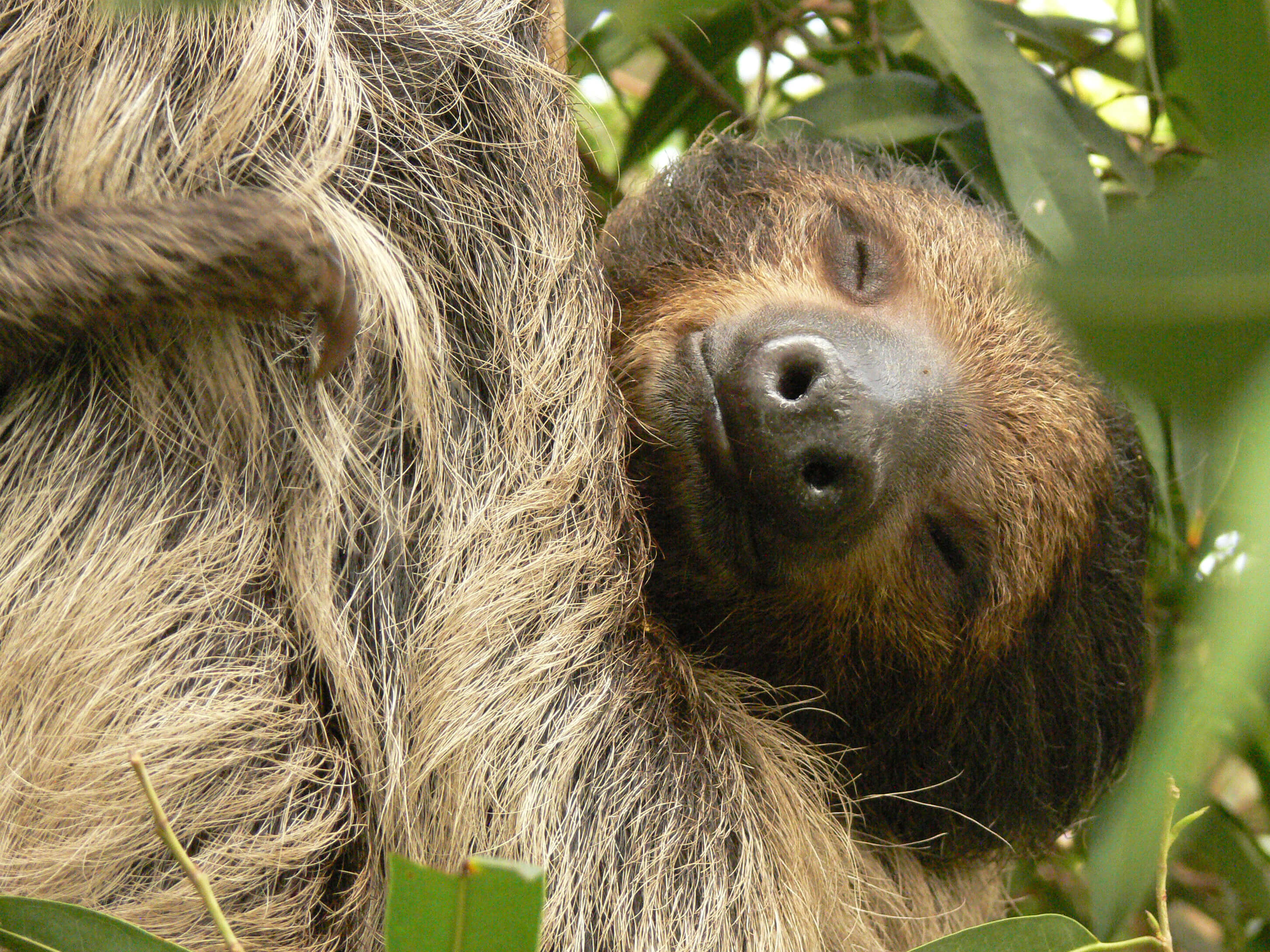
Yes, we know you expected to see this animal in our list of the sleepiest creatures. But sloths aren’t actually quite as lazy as some of the other animals we’ve rounded up. They are another nocturnal animal that tends to sleep an average of 15 hours a day (which is still substantially more than we do) (9).
Cats
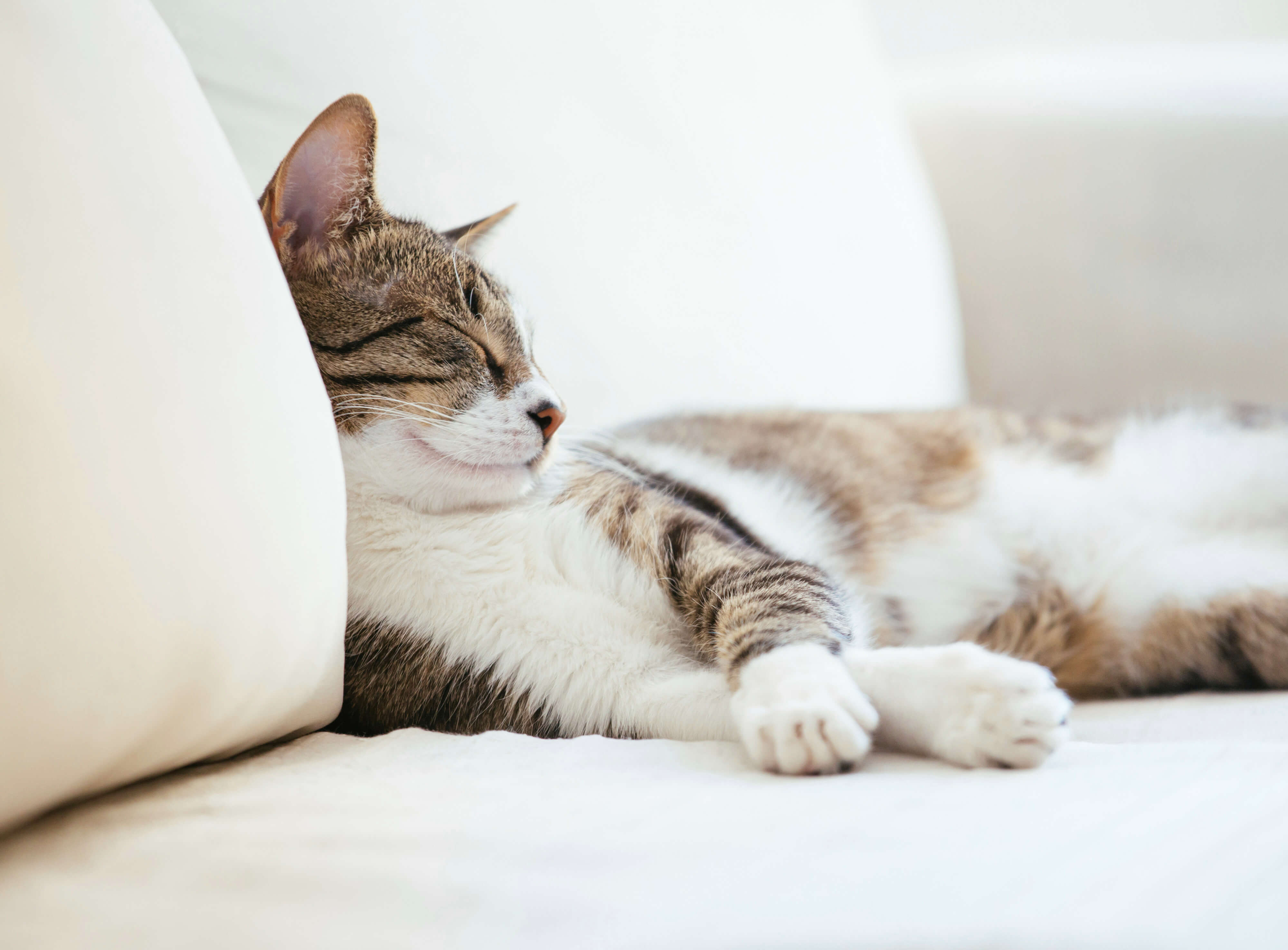
You’ve probably noticed that this household feline pet tends to be amongst the laziest of animals. Cats sleep 15 hours a day on average, but it’s not uncommon for some cats to spend up to 20 hours sleeping a day (10). They will usually sleep in frequent short bursts as opposed to one long sleep and while you may think of them being most active at night, they are actually classed as crepuscular. This means that they are most active in the early morning and the late evening (also known as the twilight hours).
Squirrels
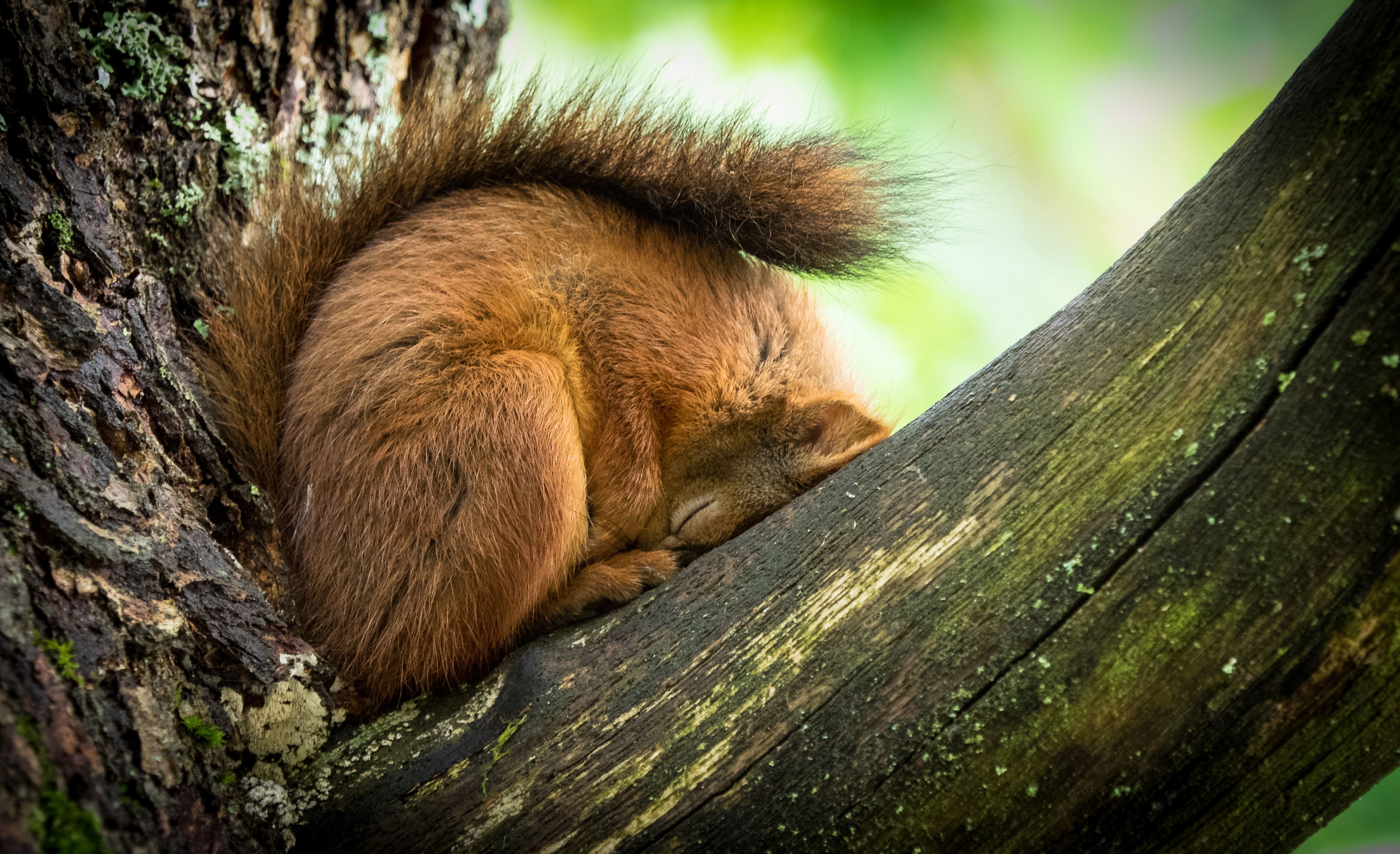
Squirrels are small mammals that are also crepuscular. And during the day, this animal can sleep for as much as 18 to 20 hours especially during the colder months (11). In the spring and summer seasons, squirrels will sleep closer to 15 hours a day.
Tigers
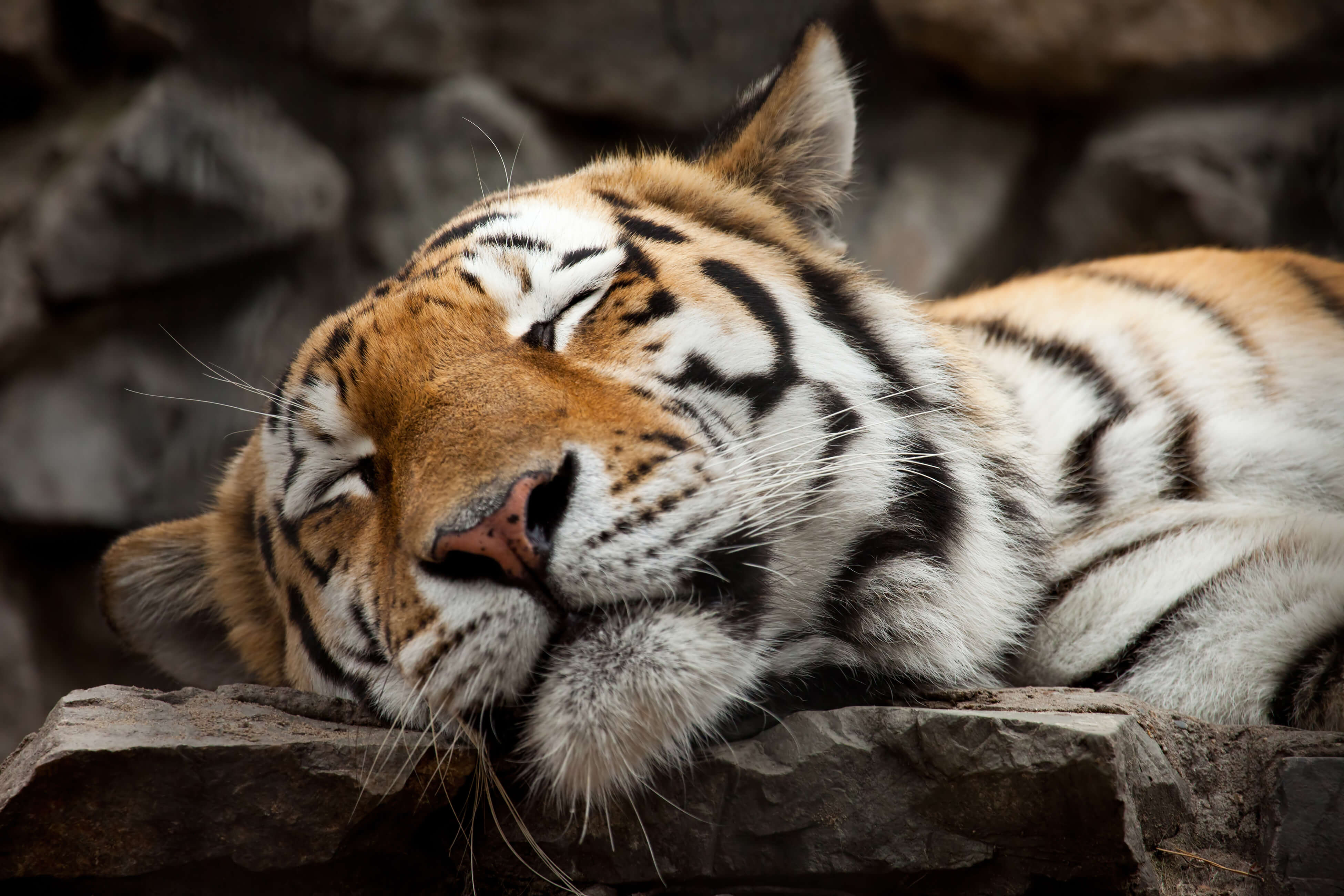
Much like domestic cats, tigers like to get their fair share of shut eye too. Sumatran tigers in particular can spend up to 18-20 hours sleeping on a daily basis (12). Tigers are mostly nocturnal, and their camouflage helps them to effectively stalk their prey in the wild.
Which animals sleep standing up?
Horses, zebras and elephants are three examples of animals that sleep standing up. Cows can also sleep standing but more often choose to lie down while sleeping.
Some birds sleep standing up too. Flamingos, for example, have to sleep standing up as they live on caustic salt flats. Thanks to its acidic algae, mineral-rich water and the diversity of its aquatic creatures it’s the ideal habitat for them. However, it does mean that there’s nowhere they can physically sit down to rest or sleep (13).
Sources:
- https://aasm.org/resources/pdf/pressroom/adult-sleep-duration-consensus.pdf
- https://www.cambscommunityservices.nhs.uk/beds-luton-community-paediatrics/diagnosis-support-pack/sleep/why-is-sleep-important
- https://www.mass.gov/news/species-spotlight-little-brown-bat
- https://twitter.com/BBCEarth/status/660849319029940225?lang=en-GB
- https://faculty.washington.edu/chudler/chasleep.html
- https://faculty.washington.edu/chudler/chasleep.html
- https://environment.des.qld.gov.au/wildlife/animals/living-with/koalas/facts
- https://wildernessclassroom.org/wilderness-library/howler-monkey/
- https://www.worldwildlife.org/stories/why-are-sloths-slow-and-six-other-sloth-facts
- https://www.pdsa.org.uk/what-we-do/blog/why-do-cats-sleep-so-much?
- https://www.lovethegarden.com/uk-en/article/do-squirrels-hibernate
- https://internationaltigerproject.org/tigers/sumatran-tiger-facts/
- https://wildlifeinformer.com/animals-that-sleep-standing-up/




